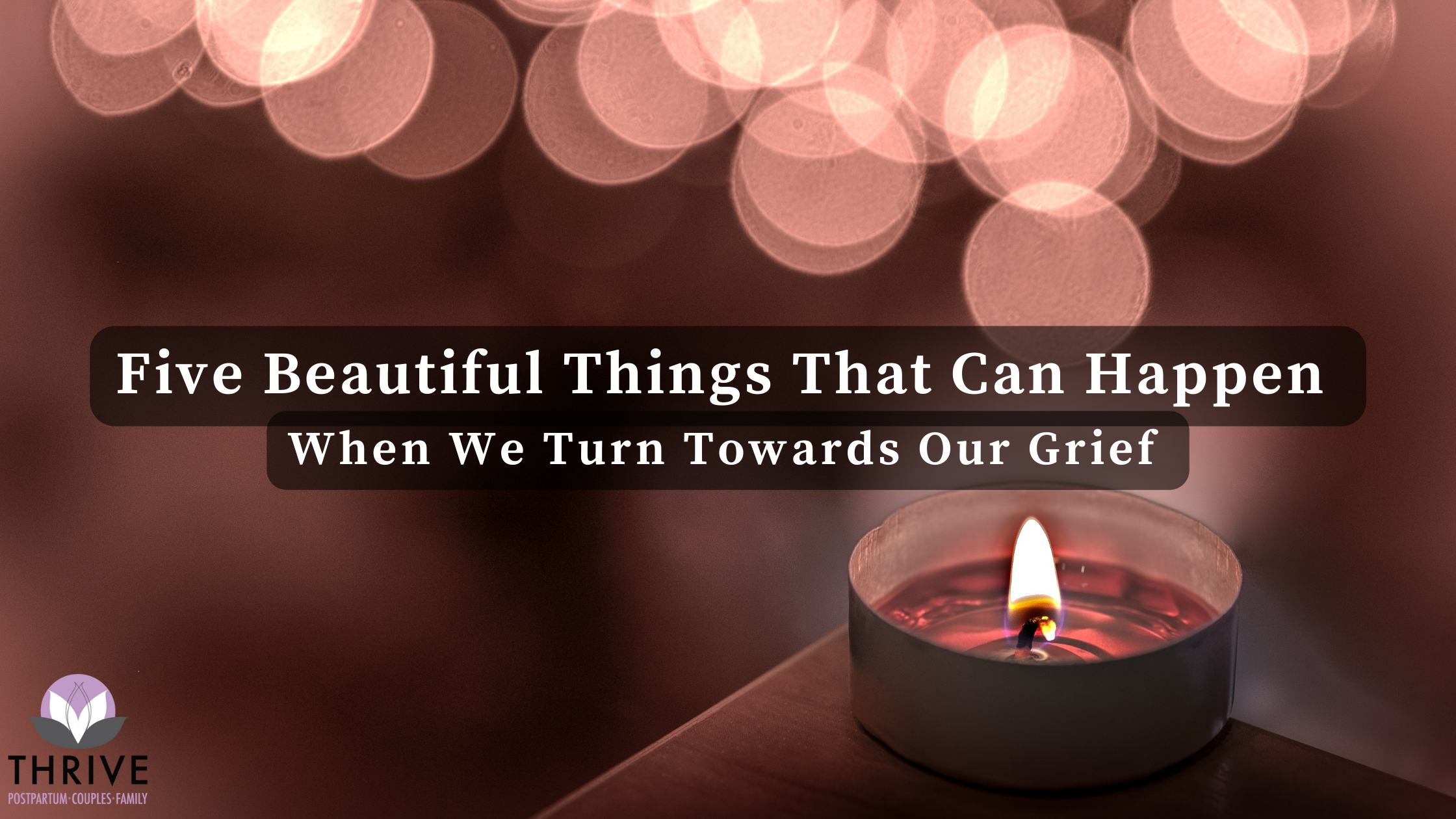By Stacey O’Connell, LCPC PMH-C, Certified Bereavement Care Provider
We can gain self-awareness related to our grief as well as our needs in other areas
When we talk about turning toward grief, what we are talking about is deciding to respond to our grief in a way that allows us to acknowledge and interact with grief, and accept it over time. Time spent in self-reflection can allow us to develop a new way of relating to our needs that will allow us to integrate our grief and create room within ourselves to accommodate all of our emotions.
We can get comfortable with solitude
We can effectively use alone time to give us a safe place to reflect on our loss. We can find comfortable quiet places that allow us to process our feelings without thinking that we owe anyone an explanation. If we make time in our schedule to embrace quiet, and nurture ourselves in our grief, it is sometimes easier to be present in other situations for small amounts of time. By taking time out we allow ourselves to create balance and give others the opportunity to support us.
We can begin a self-compassion practice
Practicing self-compassion regularly can lead to the recognition that we are not alone in our grief. Self-compassion can help us be gentle in our expectations of how to respond to our surroundings while grieving and can help us become more comfortable with asking for the support we desire.
We can help others learn to accept grief and improve support for those experiencing bereavement
Grief thrusts upon us new experiences. While most of us who have gone through this would give those experiences up in a heartbeat, some of them may lead to growth for ourselves and our community. Advocating for ourselves as we are grieving and gently setting limits can help others to:
Allow our grief to follow our own timeline
Replace cliches with genuine expressions focused on how we are today
Meet us where we are in our grief with compassion and concern
We can begin living with intention
We can take the opportunity to slow down and begin to live with more intentionality. From deciding how we want to include our beloved in future events, to how we want to comfort ourselves each day, we can be present in our own lives and acknowledge our needs by:
Seeking out experiences that support emotional health and expression of grief
Engaging in specific actions that allow us to acknowledge and grieve our losses
Reflecting on how we want to include our beloved in future holidays, special events and even family photos
All the above can be exercises in learning to fulfill our own needs free from guilt or shame.

